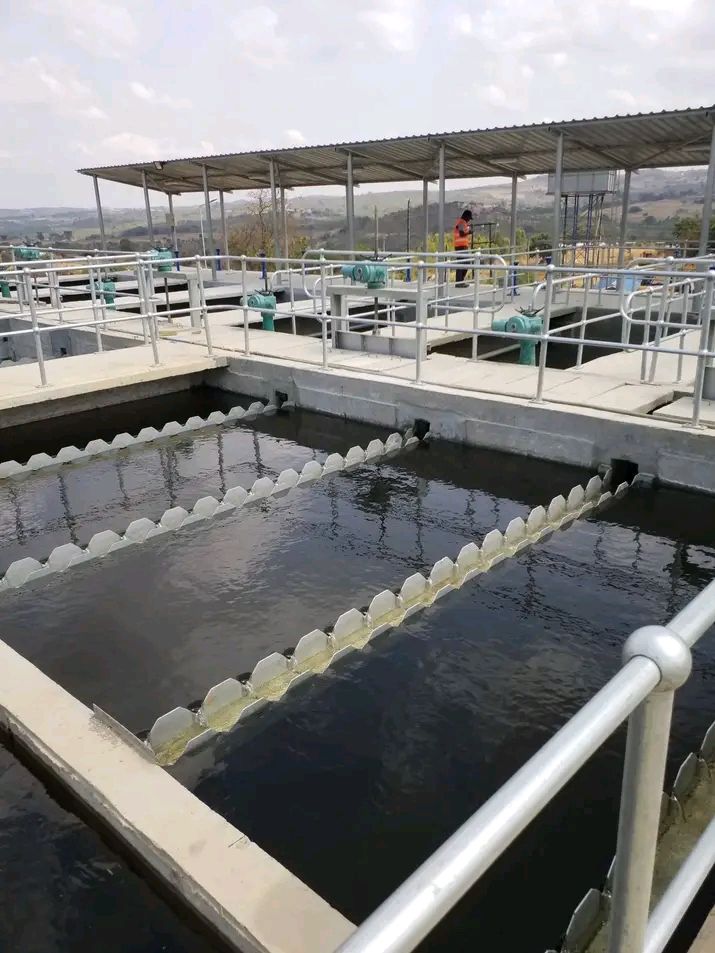By Twink Jones Gadama
As Malawi continues on its path towards realizing Agenda 2063, it’s essential to acknowledge the transformative projects that have made a lasting impact on its citizens.
These initiatives showcases genuine progress and development.
The Shire Valley Transformation Program, launched in 2018, has provided sustainable irrigation to improve farmers’ livelihoods, thanks to support from the World Bank and African Development Bank (AfDB).

Similarly, the Nkhatabay Water Supply Project and Blantyre Water Project, both initiated in 2019, have upgraded water infrastructure in their respective regions, funded by Exim Bank of India, the Government of Malawi, World Bank, and OPEC Fund for International Development (OFID).
Other notable projects include the _Bwanje Valley Irrigation Scheme_, _Mpatamanga Hydropower Project_, _Jenda-Edingeni Road Construction_, and _Lilongwe City Water Supply Project_.
These initiatives have enhanced agricultural productivity, electricity generation, economic activity, and urban mobility.
In the education sector, ongoing upgrades in secondary and higher education institutions have been supported by the World Bank, the Government of Malawi, and UN agencies since 2017.
The _Health Sector Improvements_, funded by the Global Fund, World Bank, and FCDO, have modernized hospitals and constructed cancer centers.
The _Rural Electrification Program_ and _Likoma Jetty Construction_ have expanded electricity access and improved transportation in rural areas.
Additionally, projects like _Lilongwe City Expansion Roads_, _Old Town Road Expansion & Lilongwe Bridge Expansion_, _Nacala Railway Corridor_, and _Mozambique-Malawi Power Interconnection_ have enhanced transport links, trade routes, and regional connectivity.
However, amidst these developments, criticism of the current administration’s handling of public funds and resource allocation has grown.
The delayed disbursement of the Constituency Development Fund (CDF) and President Chakwera’s international travels have raised concerns about government priorities.
Markfary, a participant on the Politics and Elections platform, expressed frustration with the MCP’s failures, highlighting the gap between government promises and reality.
“The CDF is supposed to be released every three months, but now it has been seven months, and it only came once,” he noted.
As Malawi inches towards realizing Agenda 2063, citizens are eager for effective leadership to drive development.
The MCP’s response to these criticisms and its ability to prioritize the needs of its people will be crucial in determining its future success.
Malawi’s transformative projects demonstrate the country’s potential for growth and development. As the nation looks to the future, it’s essential to recognize the progress made and build upon these successes to drive sustainable growth and development.


